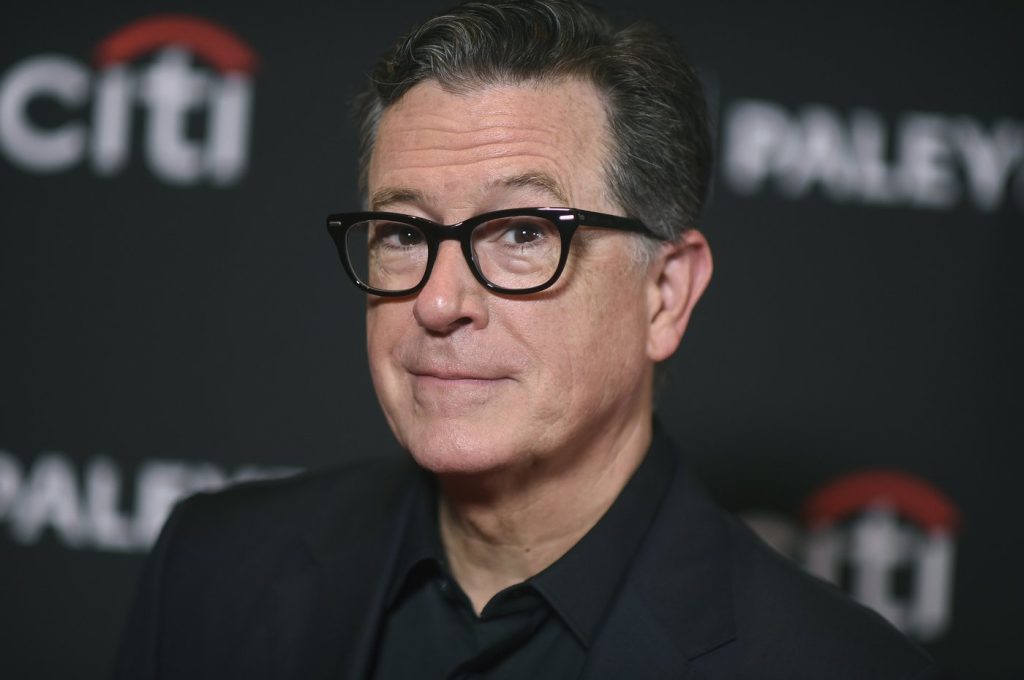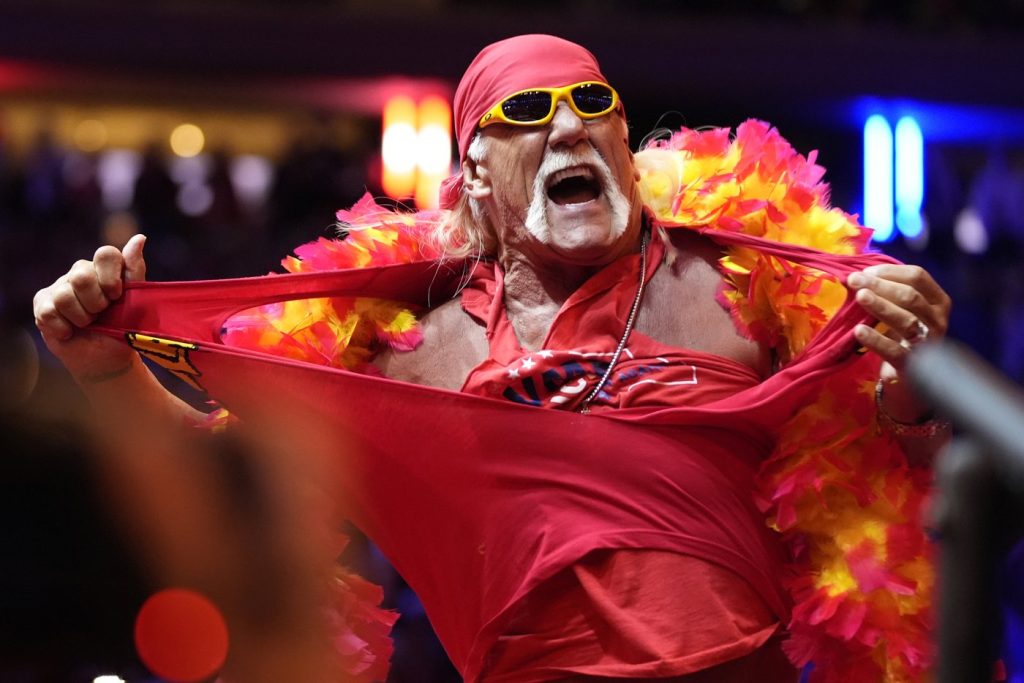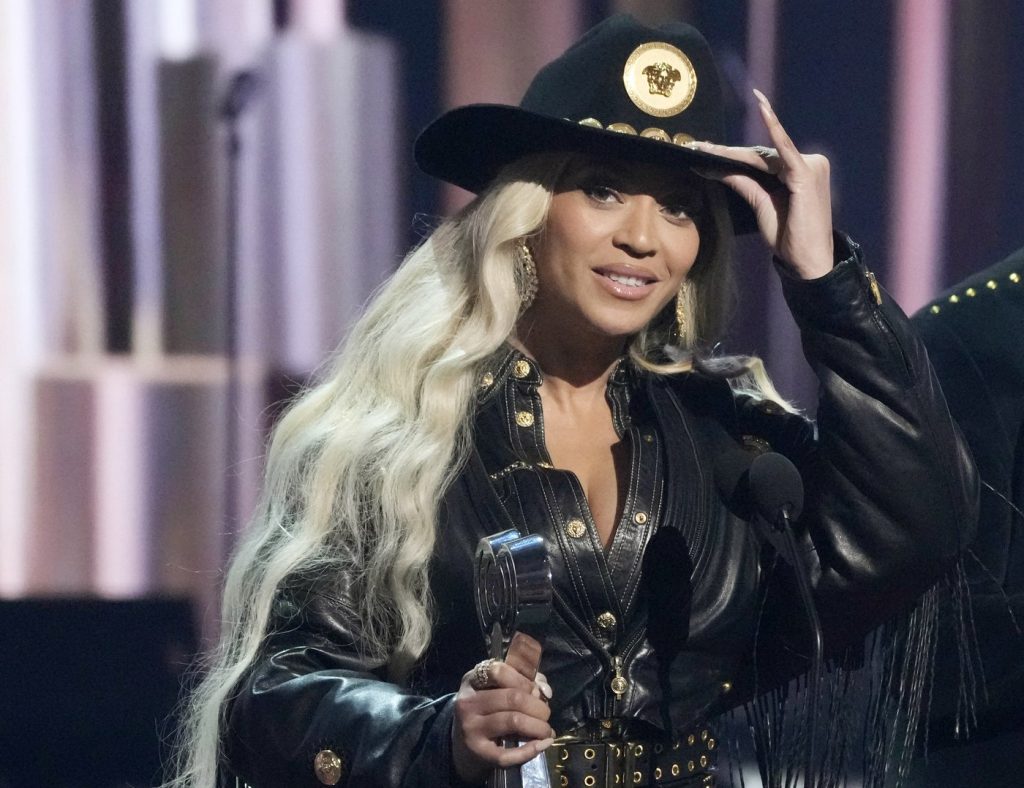CBS has announced the cancellation of "The Late Show With Stephen Colbert," which will conclude next May, marking the end of a significant era in late-night television. The cancellation, attributed to financial considerations, occurs within a rapidly evolving media landscape and follows Colbert's vocal criticism of a recent settlement involving former President Donald Trump and CBS's parent company, Paramount Global.
Stephen Colbert, who has hosted "The Late Show" since 2015, shared the news with his audience at the Ed Sullivan Theater in New York, expressing that he had learned just the night before that the upcoming season would be the show's last. He emphasized that there would be no replacement for the slot, simply stating, "This is all just going away." The audience reacted with dismay, mirroring Colbert's own sentiments.
Top executives from Paramount and CBS acknowledged the show's cultural significance, describing it as "a staple of the nation’s zeitgeist" while asserting that the decision to cancel was driven purely by financial factors amid difficulties facing late-night programming, rather than any issues related to the show's success or content. This statement was made in light of Colbert's latest criticism regarding a $16 million settlement related to a "60 Minutes" story featuring Kamala Harris, which he characterized in his monologue as a "big fat bribe" that compromised their journalistic integrity.
Colbert, who took over the show following a successful career with Jon Stewart on "The Daily Show" and his own "The Colbert Report," has consistently focused on political satire, especially targeting Trump since he began. Recent ratings have indicated Colbert's continued appeal, with the show remaining competitive in the late-night arena, attracting approximately 2.417 million viewers across its episodes this year and recently receiving a Primetime Emmy nomination for outstanding talk show.
The show's legacy traces back to its origin in 1993, when David Letterman first took the reins. Colbert's approach, which included inviting high-profile politicians to engage with a diverse array of guests, marked a distinct shift towards a politically charged format. Notably, during the announcement of the cancellation, Democratic Senator Adam Schiff expressed concerns that if the decision was politically motivated, the public deserved transparency, a sentiment echoed by fellow politicians like Senator Elizabeth Warren.
Other prominent figures in the entertainment industry also expressed their discontent, with Jimmy Kimmel posting an emotional message towards Colbert and Jamie Lee Curtis tying the cancellation to broader political efforts to suppress critical voices, especially as Congress deliberated on funding cuts to public broadcasters.
Despite Colbert’s successful run, the late-night television landscape faces substantial economic challenges, including declining ratings, reduced advertising revenues, and shifts in viewership towards online content. CBS has also initiated other cuts within its late-night programming, reflecting the industry's stress. Notably, Colbert's criticism of Trump and the implications of the Paramount sale are seen by media analysts as crucial factors in the cancellation decision.
Commentators like Bill Carter have suggested that CBS's motives behind the cancellation might not sit well with the public, asserting that the network's dismissal of audience sentiment is misguided. Veteran host Andy Cohen lamented the decision as a significant loss for CBS, highlighting the diminishing presence of network-led late-night entertainment.












